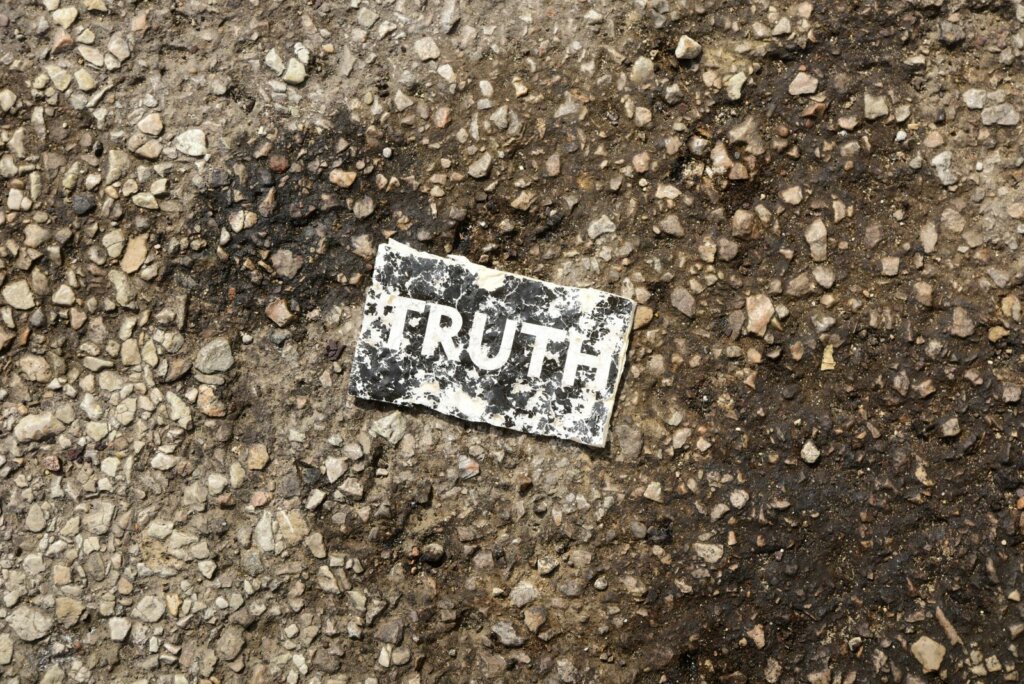Sticking to the Truth
We humans like simplicity. We want an easy-to-tell story and we want it to be logical. But the thing is, real life is rarely like that. Real life is complicated and hard to turn into a soundbite, no matter how much we try. For instance, the common explanation for Juneteenth is it’s a day to celebrate when slaves learned they were free. However, that’s whitewashing the truth.
Robin Washington reminds us in Forward.com the tale we’ve been told isn’t accurate. The story goes like this: Union soldiers arrived in Galveston, Texas, on June 19, 1865, to inform enslaved African Americans they were free. As if they didn’t already know. However, historian Gregory P. Downs has firsthand accounts from people demonstrating they did know. Galveston’s Blacks knew they were free and so did their slaveholders, who nonetheless kept them in bondage using brute force.
That means General Gordon Granger didn’t read off from a scroll and let slaves know they were liberated. No, Granger and his soldiers let the slaveholders know the slaves were liberated – at the barrel of a gun. They used force to say, “Let these people go.” Not only that, June 19, 1865, isn’t when all slaves were officially freed. In October of that year, white Texans in some regions still claimed and controlled slaves as property, according to Downs.

The truth matters even when it’s bruised and battered. Photo by Michael Carruth on Unsplash
Why does the true account of Juneteenth matter? Because the sanitized version doesn’t acknowledge how people actually behaved and continue to behave. The truth matters because without it we can’t do anything to change it. In 12-step communities, we say the first part of overcoming an addiction requires awareness of the addiction. Truth is awareness and truth ultimately leads to liberation.
As much as people like to say we live in a “post-truth” world, I don’t think we do. I think we live in a world where we want to have masks and create neat and tidy narratives but the truth always comes out. In Sanskrit, the unchangeable entity is Sat. The external manifestation of Sat is satya, or benevolent truthfulness. My spiritual teacher said, “Only satya or truth triumphs and not falsehood. Whenever there is a clash between truth and untruth, truth’s victory is inevitable. … Untruth, being a moving phenomenon, may attain a temporary victory on its march, but never a permanent one. … Falsehood does not win because it is relative, it is ever-changing.”
Sticking to the truth means a victory in the long run. It means liberation in every sense of the word for everyone, no matter the color of their skin, immigration status, gender, sexual orientation, or anything else. The truth is more stable than a lie. And the truth is worth sticking to, even if it’s messy and uncomfortable.
I dream of a world where we value truthfulness. A world where we remember as much as many would like to say the truth doesn’t matter, it does. A world where we understand that truth always triumphs in the end. A world where we stick to the truth because the truth means freedom, for ourselves and others.
Another world is not only possible, it’s probable.

